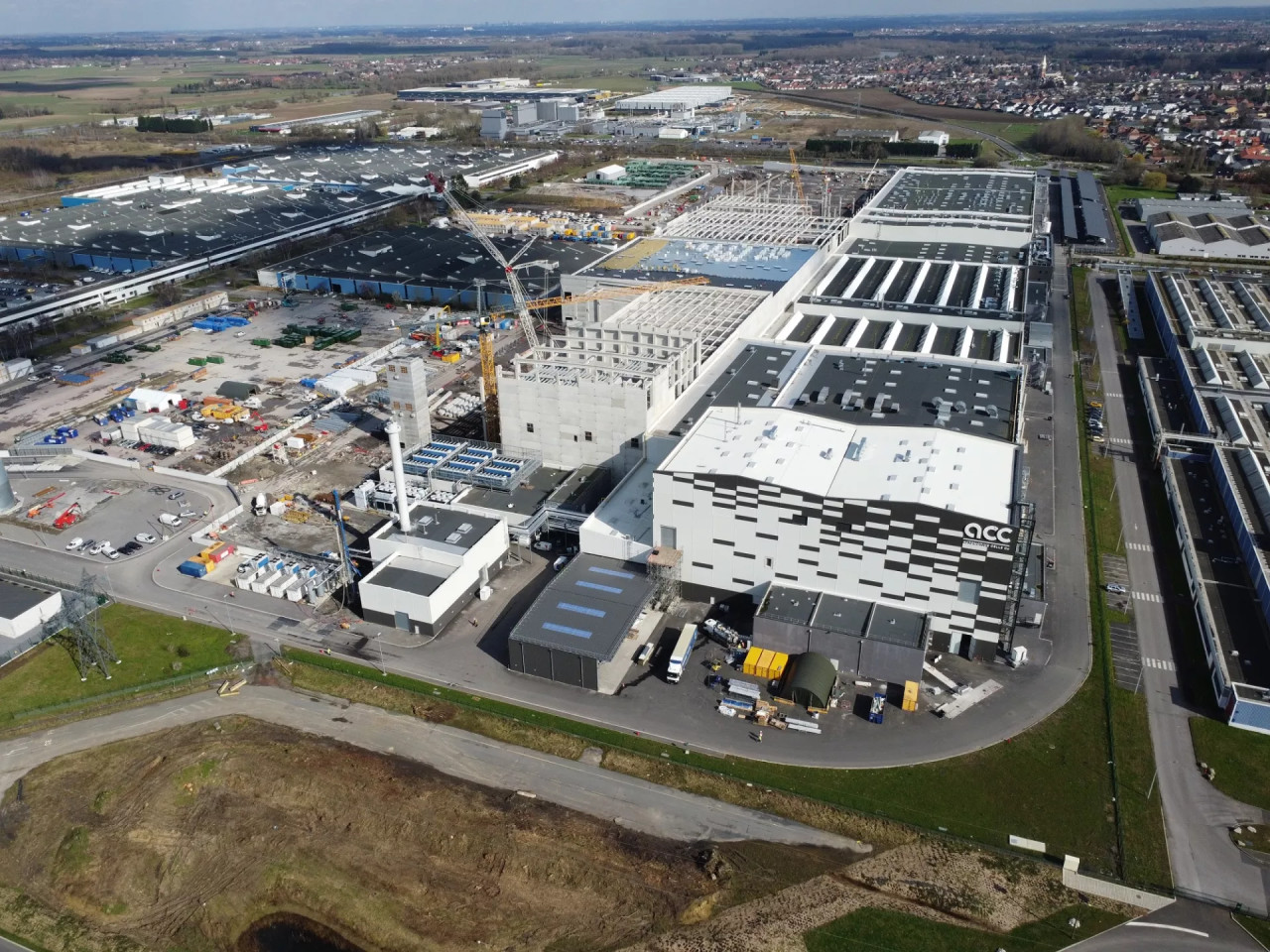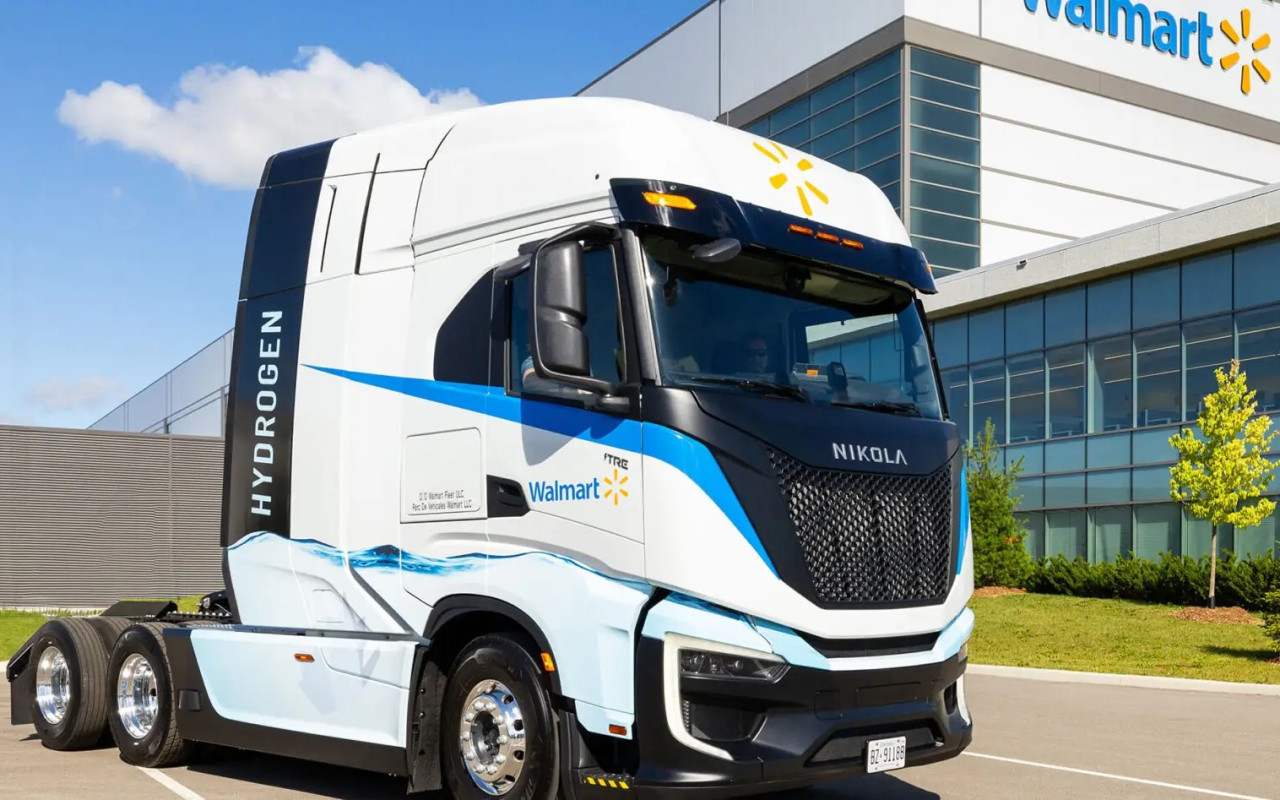Mercedes-Stellantis combine halts work at gigafactory sites, considers switch to LFP cells
Carmakers Mercedes and Stellantis have halted construction of their joint venture EV battery factories and are taking a relook at their EV battery plans.
Reports say the two partners are considering whether to move forward with existing plans or switch to cheaper, lithium-iron-phosphate cells, known as LFP cells.
Automotive Cells Company (ACC), which the two companies formed in 2021, has already opened one factory in Billy-Berclau/Douvrin, France. Earlier this year, the venture raised $4.7 billion, a portion of the €7.6 billion it plans to raise in total, to fund the construction of four EV battery factories.
Bloomberg reported that work has been halted on a battery plant in Germany and at another site in Italy. It quotes Yann Vincent, head of ACC, as saying demand for EVs had slowed in Europe, with growth mostly expected in the mass-market segments that Western EV makers have shied away from, and China dominates.
Western carmakers might be easing their electrification targets due to slower consumer response. Mercedes, which had announced plans to go all-electric by 2030, said in February it would continue building conventional vehicles "well into the 2030s". Earlier this week, General Motors' chief Mary Barra appeared to dilute the company's target --- all-electric lineup by 2035 --- while speaking to shareholders, although the company said this was not the case.
ACC says it will decide what to do with the sites by year end, insisting it was in no hurry to push through its investment without a proper reassessment. One possible outcome would be a switch to manufacturing of 'LFP' cells. These cost less, last longer and need simpler materials than existing batteries (NMC cells) but have lower energy density.
Chinese carmakers have focused on LFP cells, particularly in entry-level segments, to gain cost advantage over rivals. EV batteries are the most expensive component of an electric vehicle, responsible for ~40 percent of manufacturing cost.




















